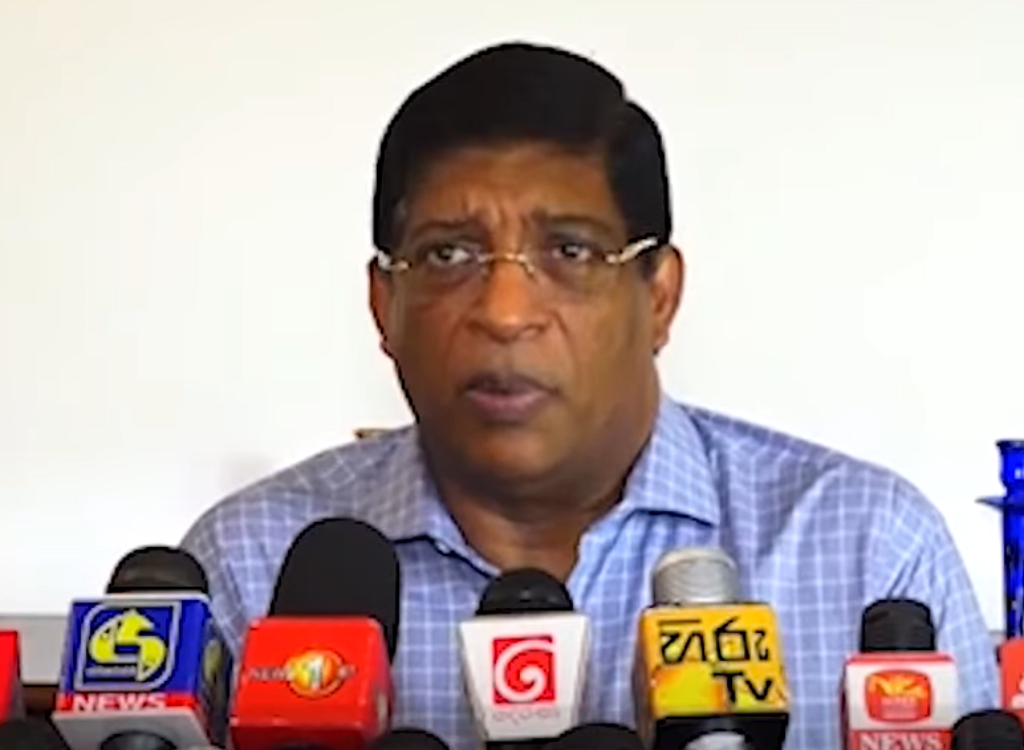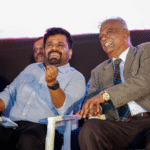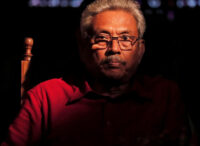Opposition MP Ravi Karunanayake has called for urgent relief measures to support Sri Lanka’s small and medium-scale entrepreneurs (SMEs), warning that nearly 250,000 businesses are on the brink of bankruptcy due to rising interest rates and unsympathetic banking policies.
Speaking at a media briefing held in Colombo yesterday (25), the former Finance Minister pointed out the government’s failure to address the mounting pressures faced by the SME sector, which contributes between 60% and 70% of Sri Lanka’s GDP.
“Interest rates that were around 10% before COVID-19 are now nearing 30%. These entrepreneurs have lost their only assets. Banks are being protected, while those who keep the economy afloat are being left behind,” he said.
He said that the real issue lies not in business mismanagement, but in policy failures.
Taking aim at the Central Bank, Karunanayake said its decisions have compounded the debt burden, and he proposed introducing a Private Member’s Bill to designate the four-year period between the pandemic and the economic collapse as a special debt category, allowing SMEs breathing room to recover.
Speaking on global developments, he commented on U.S. President Donald Trump’s proposed 46% tariff on July 9, which he warned could impact Sri Lankan exports.
He urged the government to proactively negotiate or adopt alternative trade strategies, noting that countries such as China, Canada, and Mexico have already responded.
Turning to the Middle East, he cautioned that the Israel-Iran conflict could disrupt global oil supplies, directly affecting Sri Lanka’s economy. He stressed the importance of strategic planning and called for greater protection for Sri Lankan migrant workers in volatile regions.
“We must use our fuel reserves wisely, and we must not ignore the strategic potential of the Trincomalee oil tanks, which remain underutilised,” Karunanayake said.
He also said that the opposition had squandered an opportunity to secure control of numerous local government bodies due to poor strategy and a lack of timely negotiation.
“If they had followed the right path and opened proper dialogue, they could have gained power in many local bodies,” he said, calling the opposition’s approach “politically naive.”











Leave a comment